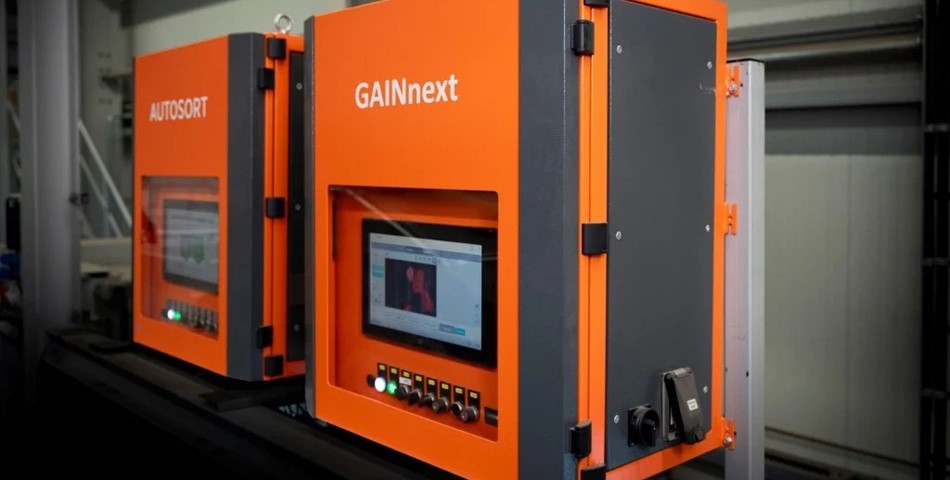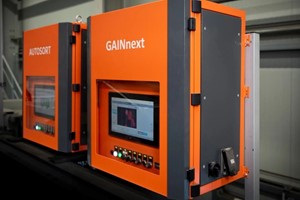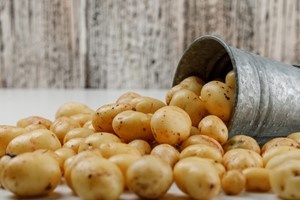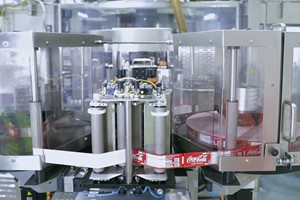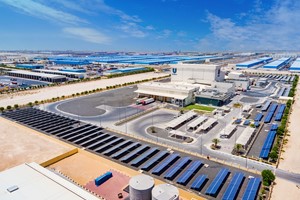TOMRA Recycling, a global leader in sorting solutions, has unveiled a groundbreaking advancement in plastic recycling technology with the launch of three innovative applications aimed at separating food-grade from non-food-grade plastics for PET, PP, and HDPE. This significant development marks a pivotal moment in the recycling industry, addressing a long-standing challenge that has plagued recyclers worldwide.
The new technology, powered by TOMRA's GAIN (Generic Advanced Intelligent) deep learning-based sorting add-on, represents a leap forward in sorting efficiency and accuracy. By harnessing the capabilities of deep learning technology, TOMRA has overcome the inherent difficulties associated with distinguishing between food-grade and non-food-grade plastics, a task that has traditionally posed significant hurdles for existing sorting systems.
Hygiene concerns and increasingly stringent industry regulations have compounded the challenge of handling food waste in recycling, necessitating a solution capable of ensuring the highest levels of purity and compliance. TOMRA's GAINnext technology, a rebranded iteration of its GAIN system, rises to this challenge by enhancing the sorting performance of its AUTOSORT units, enabling rapid and precise identification of objects that were previously difficult to classify using conventional optical waste sensors.
With GAINnext, TOMRA achieves purity levels exceeding 95 percent in packaging applications, setting a new standard for quality in recycled plastics. By combining near-infrared, visual spectrometry, and other sensors with deep learning algorithms, the technology delivers unparalleled sorting accuracy, even in complex sorting tasks.
Indrajeed Prasad, Product Manager of Deep Learning at TOMRA Recycling, highlights the transformative impact of deep learning technology on the recycling industry, stating, "The use of deep learning technology not only automates manual sorting but also enables the industry to achieve high-quality recyclates through more granular sorting. Thanks to its ability to detect thousands of objects by material and shape in milliseconds, GAINnext solves even the most complex sorting tasks."
TOMRA's commitment to innovation is further evidenced by the launch of two additional applications within the GAINnext ecosystem: a PET cleaner application for PET bottle streams and an application for deinking paper to produce cleaner paper streams. These offerings underscore TOMRA's dedication to addressing diverse sorting challenges across multiple waste streams, cementing its position as a leader in sustainable recycling solutions.
The efficacy of GAINnext's deep learning technology has been validated through years of successful implementation in the field. Since its introduction in 2019, the technology has been instrumental in various applications, including the identification and removal of PE-silicon cartridges from polyethylene (PE) streams and wood chip classification. With over 100 AUTOSORT units equipped with GAINnext deployed at material recovery facilities globally, the technology has garnered widespread adoption and recognition within the industry.
Among the early adopters of TOMRA's latest sorting applications are prominent facilities such as Berry Circular Polymers' flagship plant in Leamington Spa, Viridor Avonmouth in Bristol, and Nord Pal Plast in France, owned by the global Dentis Group. These partnerships underscore the industry's growing recognition of the value proposition offered by TOMRA's advanced sorting solutions in enhancing operational efficiency, ensuring product quality, and driving sustainability initiatives forward.




